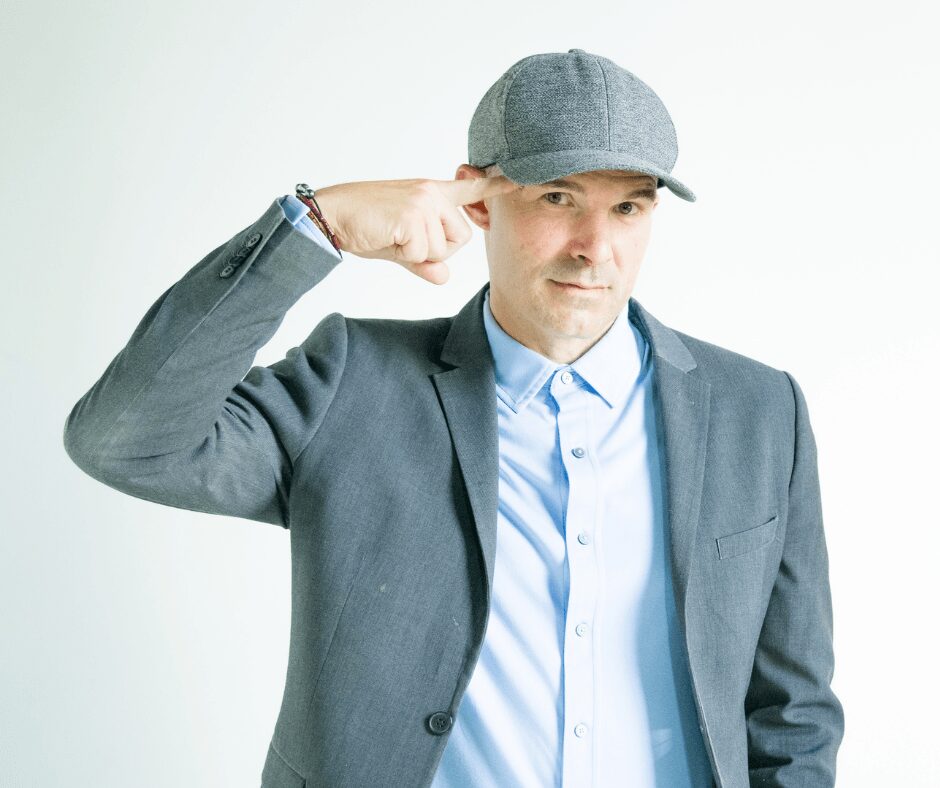Alright – so today we’ve got the honor of introducing you to David Scherer. We think you’ll enjoy our conversation, we’ve shared it below.
Hi David, thanks for joining us today. Let’s jump right into the heart of things. Outsiders often think businesses or industries have much larger profit margins than they actually do – the reason is that outsiders are often unaware of the biggest challenges to profitability in various industries – what’s the biggest challenge to profitability in your industry?
4 years ago companies pledged billions of dollars in Diversity, Equity, and Inclusion efforts in response to the murder of George Floyd. Now, just a few years later, we find that many of those promises have been unfulfilled. There are now buzzwords (“DEI” being one of them) that repel people and prevent anyone from trying to build more inclusive spaces. As many industries worry about offending board members and shareholders, many of these budgets have shrunk. We were working with someone in Montana and one of the leaders that was going to participate in the program pulled out because “DEI is illegal in Montana”. I don’t know what that means (I don’t think he does either). So, there is a lot of confusion about our field and what we actually do. That can be frustrating for those of us who realize that “we all do better when we ALL do better” (Paul Wellstone)
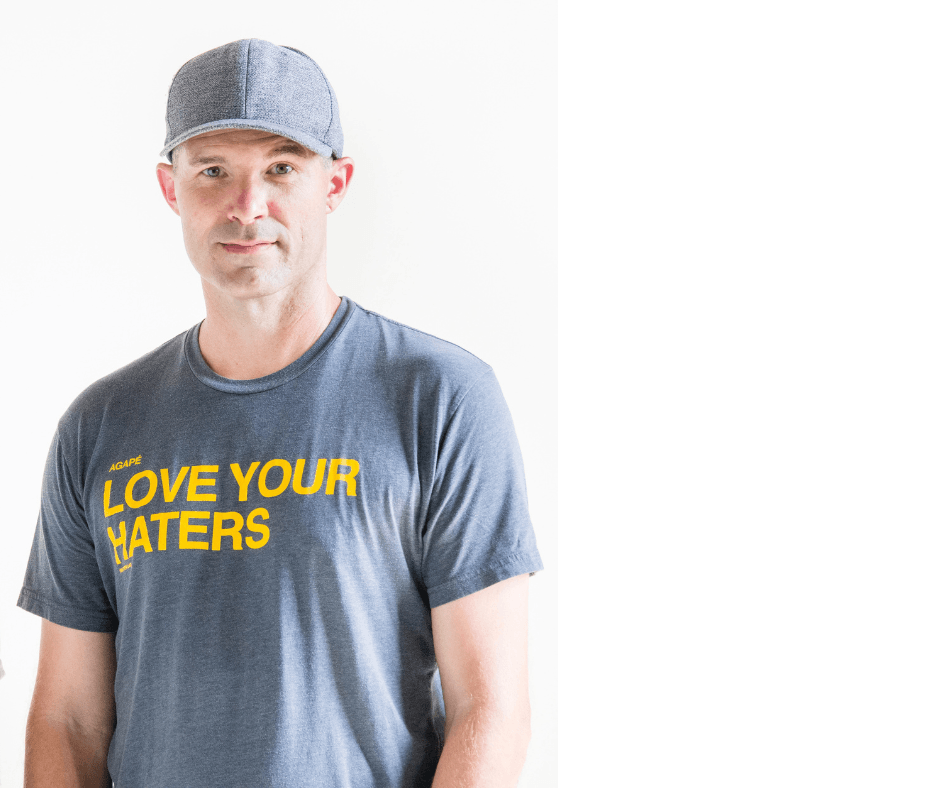
Great, appreciate you sharing that with us. Before we ask you to share more of your insights, can you take a moment to introduce yourself and how you got to where you are today to our readers.
I started many years ago as a hip hop performer and educator. As a white person participating in (and benefitting from) hip hop, I eventually realized that I needed to share the stage with others. That was when I invited my partner Joe Davis (www.joedavispoetry.com) to join me in my work. From that point on, we have been able to reach people that I could never reach alone. For many people, we provide a “window” (a glimpse into other cultural/racial patterns”) and a “mirror” (an invitation to interrogate the audience’s own cultural patterns). Having both of these feels important in the work that we do.
So many companies are sick of talking heads on a stage and they want to introduce these concepts in fresh ways. Our music, poetry, dancing, and storytelling provides an engaging modality as we dive into frameworks that can be difficult to grasp or uncomfortable to learn. Recently we were working with a group of people in a coal mining region of Pennsylvania. A leader came up to us and told us that one of her fiercest opponents to the equity work that she was trying to do heard us the previous night and said to her “Oh my gosh, this racism is actually a thing. We need to do something about it!” Sometimes we are just saying the things that leaders of organizations have been saying for a long time, we are just a new voice that they aren’t sick of hearing from.
A few of our most important tools we use are encouragement, embodiment, and entertainment. I’ll break these down:
Value #1 Encouragement: So many people have gone to DEI trainings where they felt beat down and immobilized. While we appreciate those who don’t sugarcoat anything for their audience, we have found that many people shut down if we do not present in a way that is developmentally appropriate. One of my mentors always asks “Do you want to be right or be effective?” We want to be effective.
Value #2 Embodiment: So many people approach anti-racism work with an intellectual approach. They read the book, listen to the podcast, etc. The problem with this is that even though we can train our brains to think differently on a quiz, we haven’t figured out how to retrain our bodies to respond differently on a subway. We give people tools to help them metabolize racialized trauma and move forward toward healing.
Value #3 Entertainment: I realize this is more of a delivery method than a value, per se, but we want this work to not only be interesting to people, we also want to infuse joy into it as well. If we want a world of joy, then the tools we use have to contain joy within them. If we want to model what liberation might look like, then we ourselves need to be participating in liberation. I think the people that see me and Joe together see a joy-filled relationship that draws people in. The songs we sing provide cultural texture for people as they seek a container to hold them in this work. That’s the hope anyway!
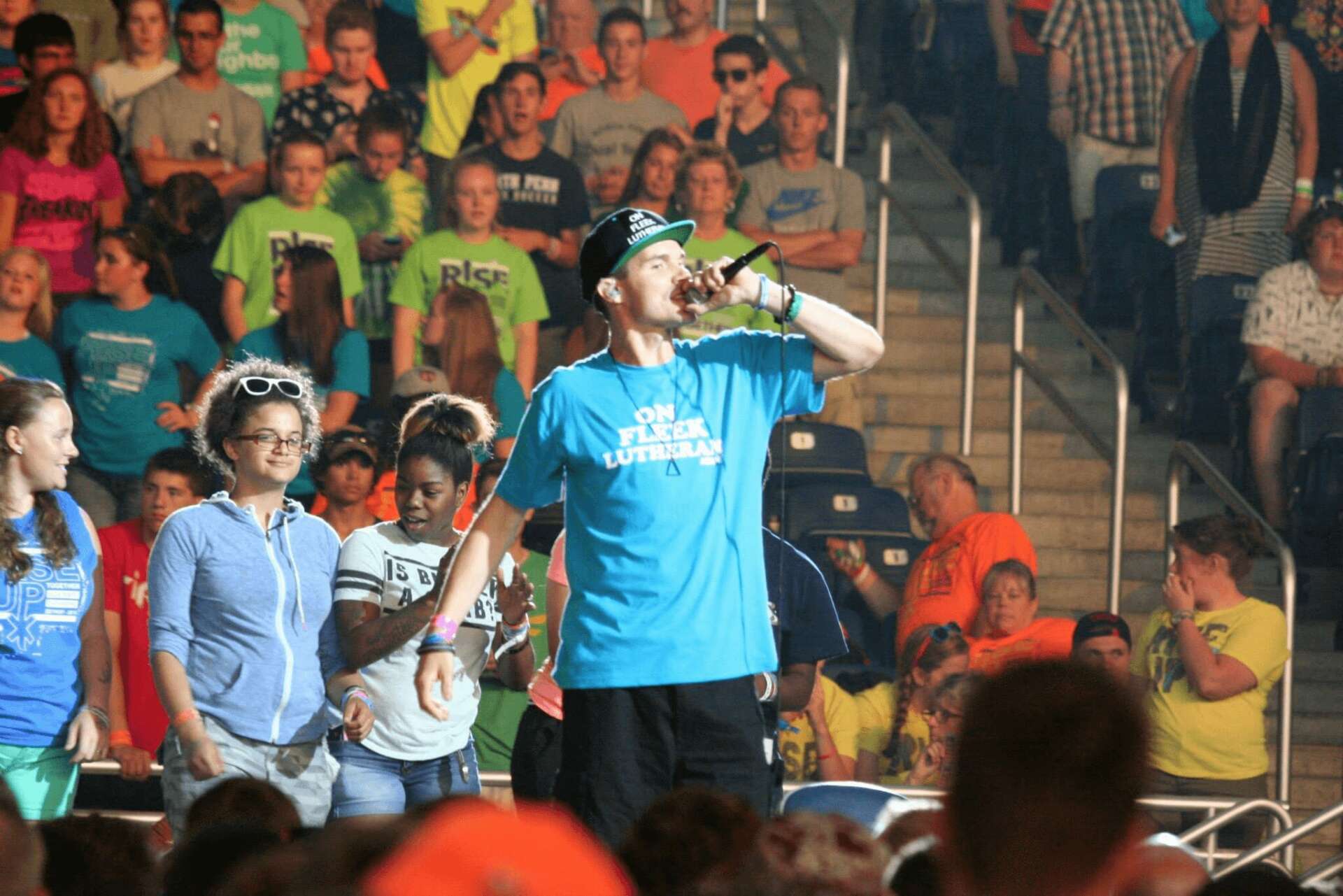
Can you talk to us about how your funded your business?
I saved up some money in college to record a three song demo. Once I recorded that, I started selling burnt CDs out of my dorm room. With that money I was able to record a full record. Then, I took that money and started investing in other merch. I took that money and started investing in a part-time employee. And so on and so on. I never took out a loan. I always built it as I went. I discovered later from my friends that many people do not advise others to utilize this approach, but that is what I did. It has grown grass roots ever since.
One thing that happens to some who grow too fast is they cease to move at the speed of relationship. As I built my career, one small concert at a time, one small workshop at a time, etc., I had people who were very invested in my success. When a large record label puts together a boy band and says “This is who you should care about” there is very little shared history that the listener has with the band. But, when a band has built it slowly, they are able to include people on their journey of growth and not leave them behind in the process. So, always move at the pace of relationship would be advice I would give.
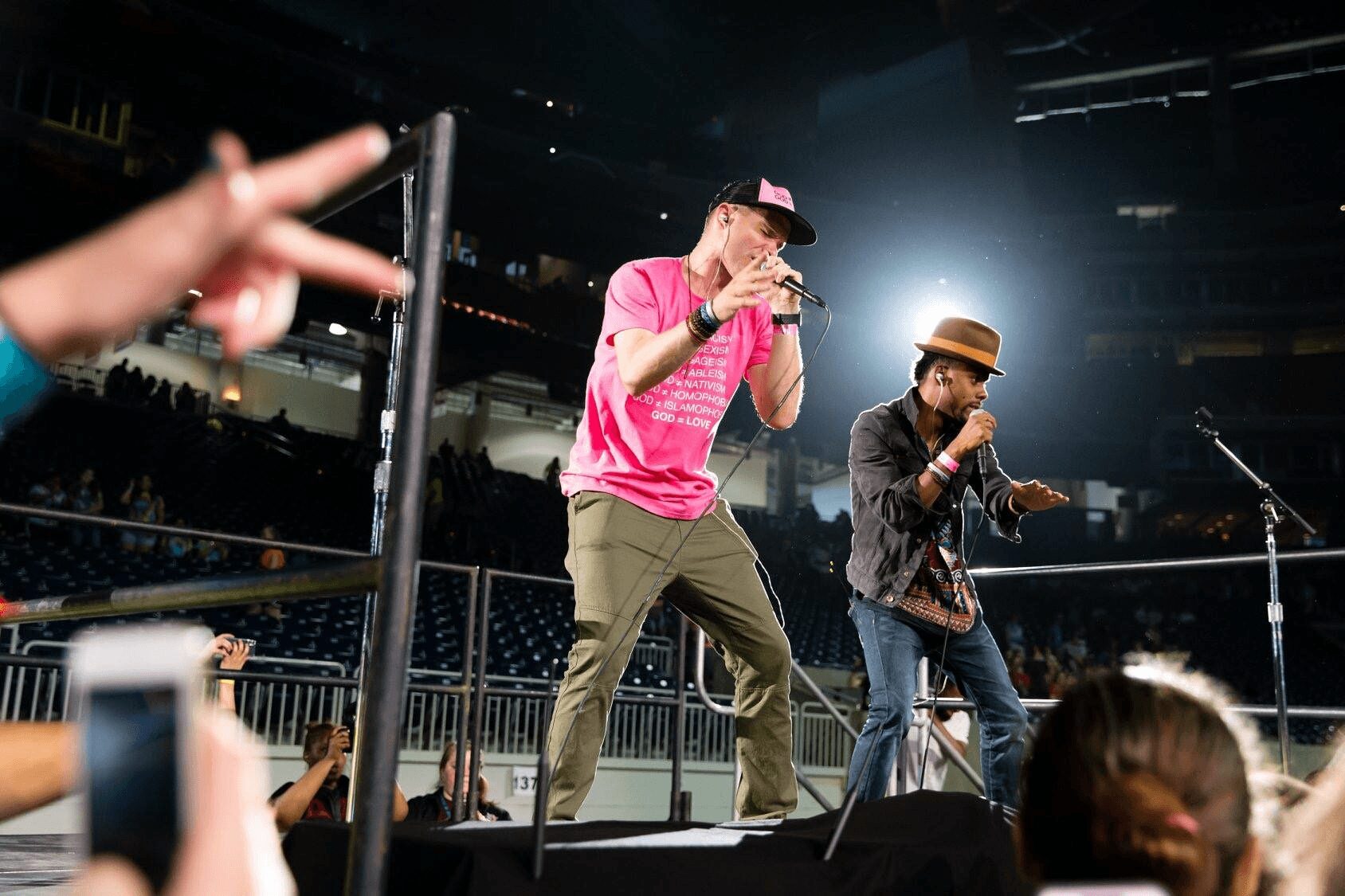
Can you tell us about a time you’ve had to pivot?
8 years ago my wife was home with two small children while I was out on the road. We had reached a crisis point with our kids and I realized that I needed to get off the road. I ended up getting a full time job in this industry for 8 years and doing the consulting and performing work on the side. Then, in an unexpected turn, I was laid off. Knowing that my kids were in a different place and that I could be more intentional with the gigs I take or not, I re-launched back into full-time entrepreneurship. I reached out to everyone I know to connect, ask for advice, see if they had any work, and a year later I have been getting more work than I ever had before. Network! Network! Network! I’m an extrovert so I am energize by every conversation. I always learn something new with each coffee that I have with people.
Contact Info:
- Website: https://www.justmoveculture.com
- Instagram: agapedave1
- Twitter: agapedave1
- Other: Tiktok: @justmoveculture
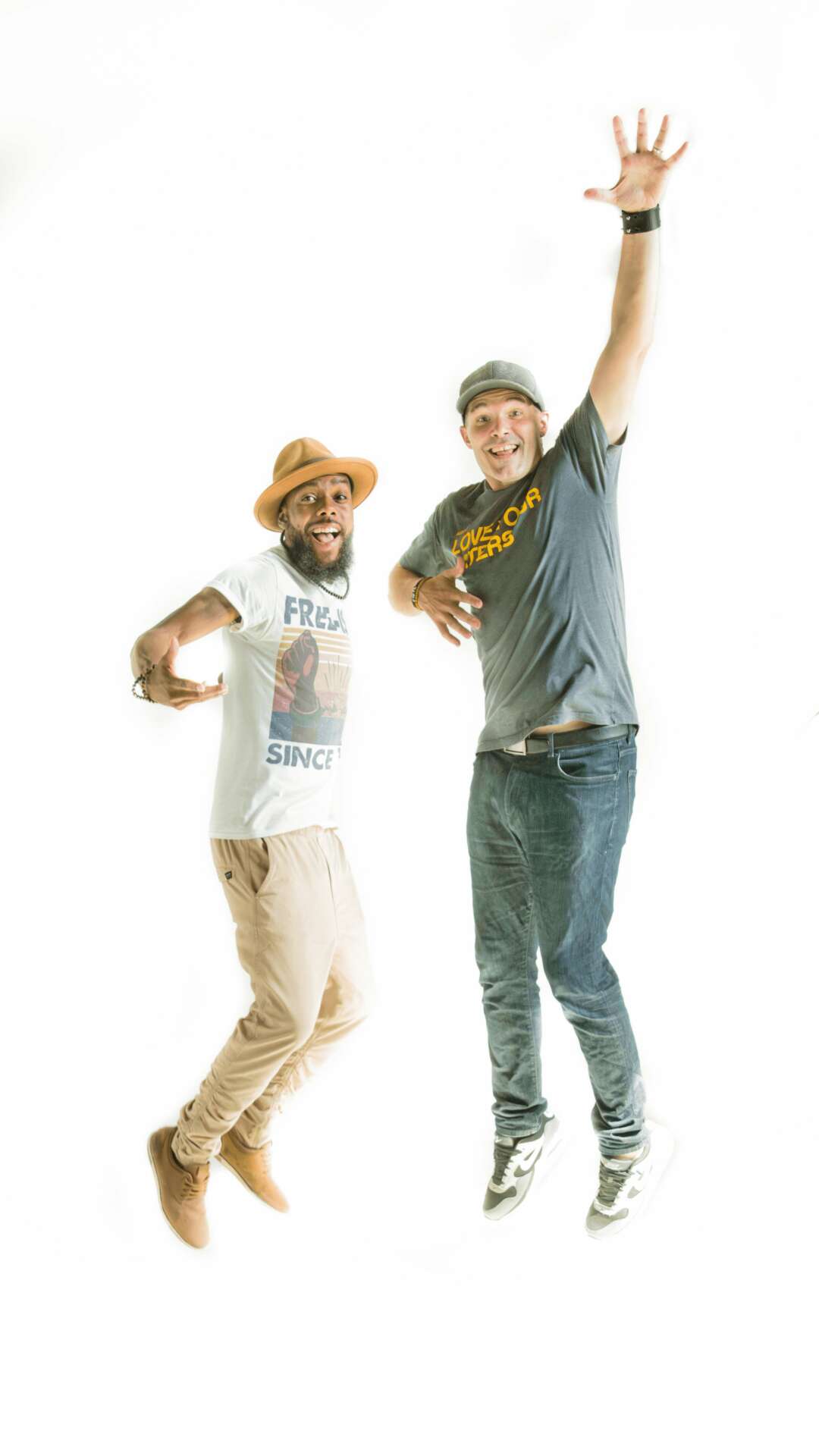
Image Credits
Photos by Elliot Malcolm


